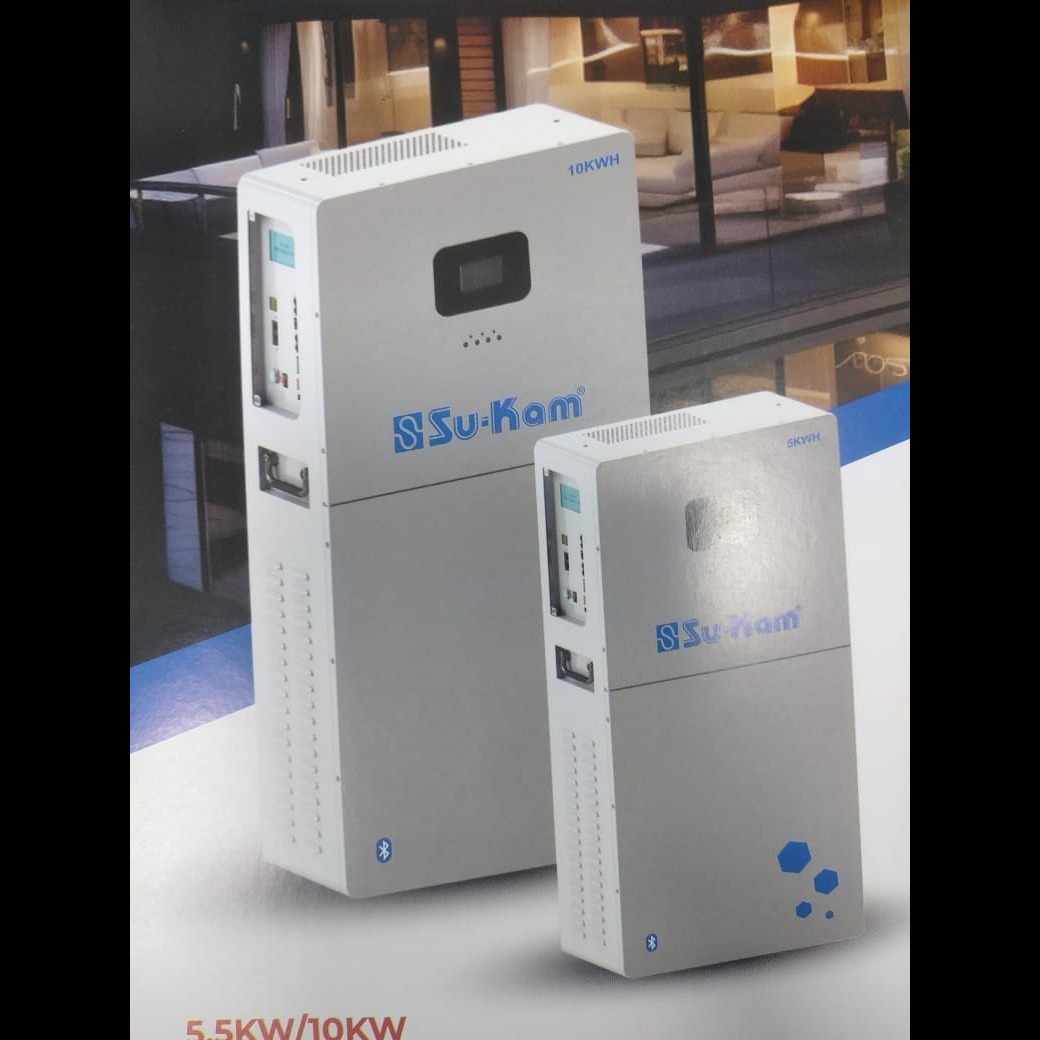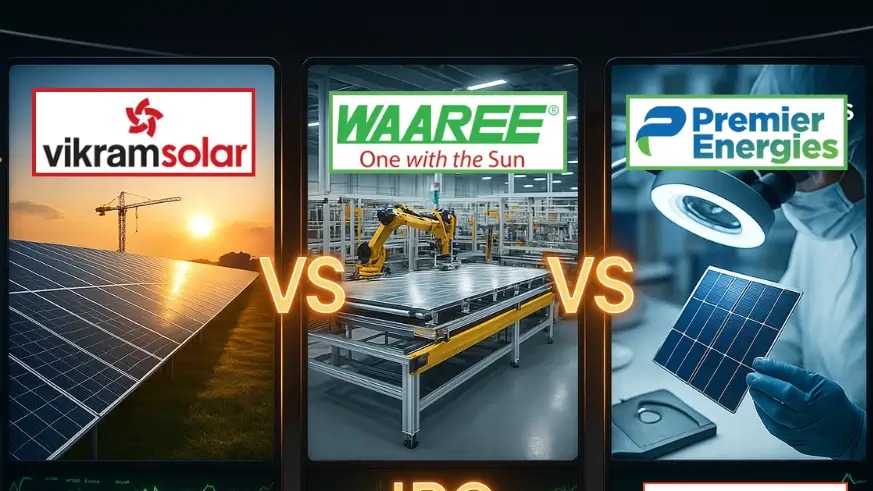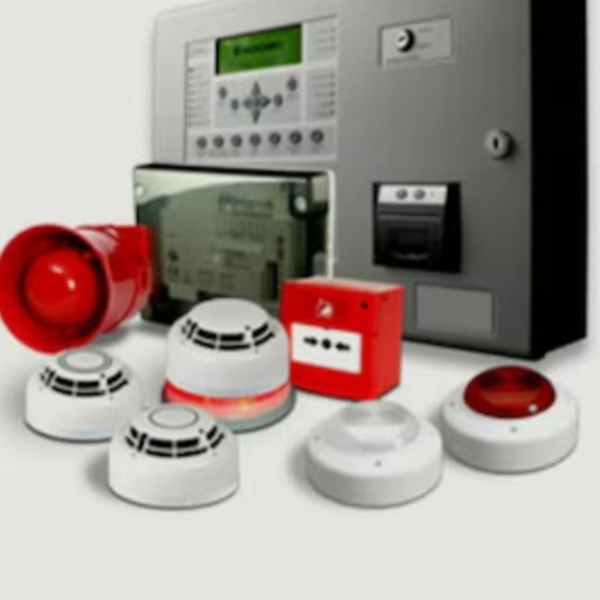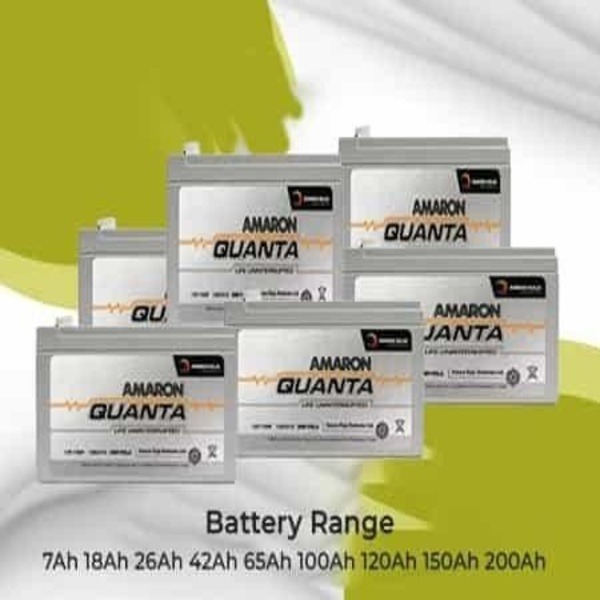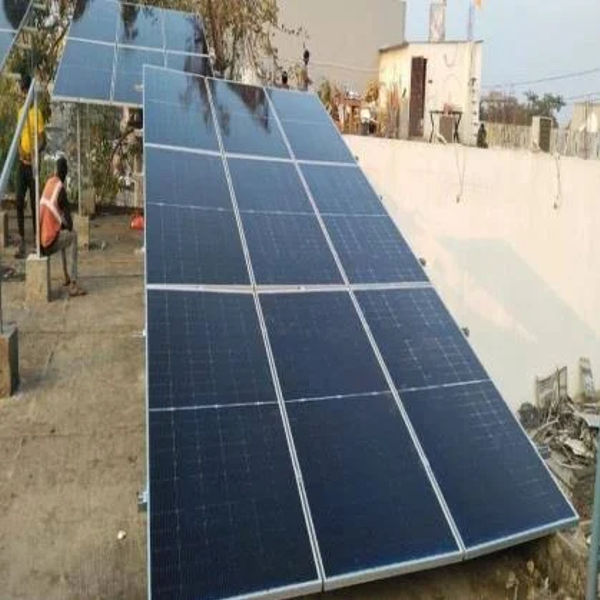
solar panel
A solar panel is a device that converts sunlight into electricity using photovoltaic (PV) cells. Here's a quick summary:
Types:
Monocrystalline: High efficiency, long lifespan, more expensive.
Polycrystalline: Lower efficiency, cheaper.
Thin-film: Lightweight, flexible, lower efficiency, cheaper.
How It Works: Sunlight hits the PV cells, generating electrical current (DC), which is converted into AC power by an inverter for household use.
Benefits:
Renewable energy source.
Reduces electricity bills.
Environmentally friendly (low carbon footprint).
Low maintenance.
Can be paired with battery storage for energy independence.
Lifespan: Most panels last 25-30 years with minimal maintenance.
Efficiency: Varies from 10% to 22%, with monocrystalline being the most efficient.
Installation: Requires site assessment, permits, and professional installation.
